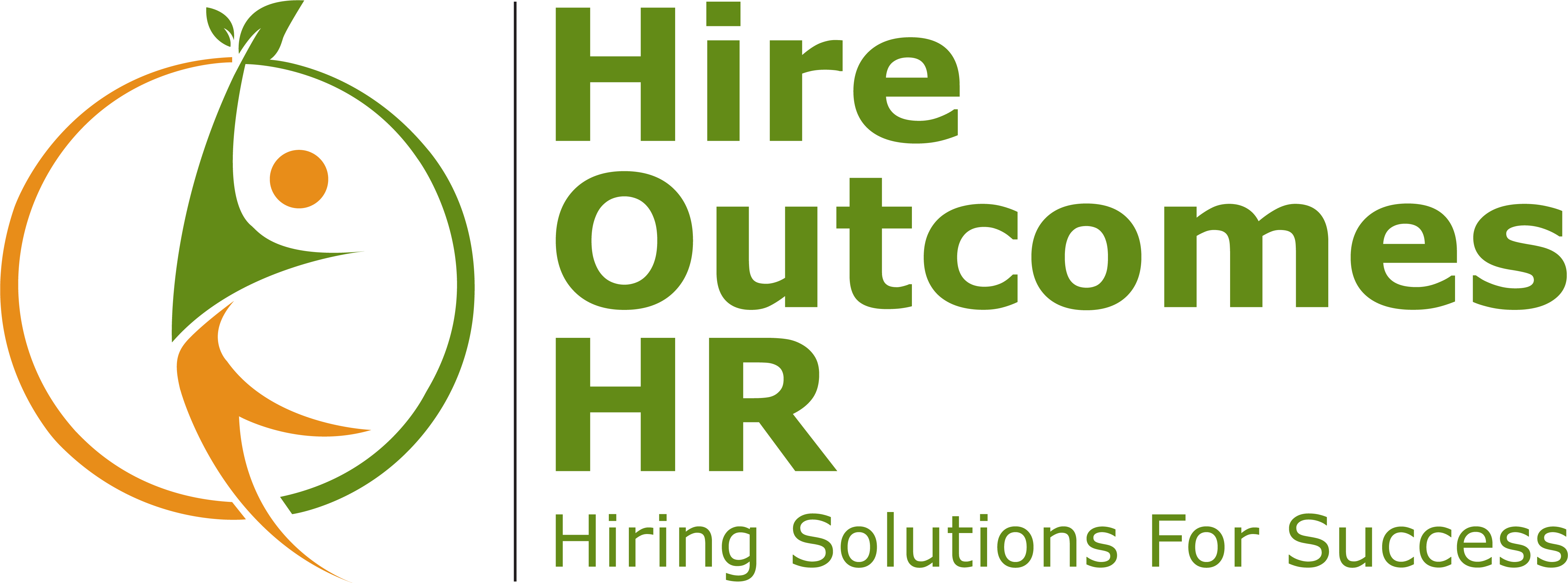Nurse Midwife Benefits
Nurse Midwife benefits are viewed positively by both the professional nurse midwives and their patients. According to the American Pregnancy Association, having many benefits. “Midwives are health care professional who provides an array of health care services for women including gynecological examinations, contraceptive counseling, prescriptions, and labor and delivery care. Providing expert care during labor and delivery, and after birth is a specialty that makes them unique. They often function as both a quality and economical option for birthing care. They usually offer payment plans and sliding fees and are willing to accept most insurance plans including Medicaid.”
The public does not always understand that “Midwives are qualified health care providers who receive comprehensive training and must pass an examination to become certified. Certification ACNM and the North American Registry of Midwives (NARM). The practice and credentials differ throughout the United States.” We thought it might be helpful to summarize the types of Midwives that exit and the type of training they have. Below is a list of the types and qualifications.
Certified Nurse-Midwife (CNM): a midwife trained and licensed in nursing and midwifery. Nurse-midwives should have a BSN (Bachelor of Science degree in Nursing) from an accredited institution and then pursue an advanced degree (Master’s degree) in Midwifery. CNMs are certified by the American College of Nurse-Midwives.
Certified Midwife (CM): an individual trained and certified in midwifery. Certified midwives must have at least a bachelor’s degree from an accredited institution. They are also certified by the American College of Nurse-Midwives.
Certified Professional Midwife (CPM): an individual who is trained in midwifery and meets standards of the North American Registry of Midwives. Multiple educational backgrounds are recognized to become a CPM.
Direct-Entry Midwife (DEM): an independent individual trained in midwifery through various sources that may include apprenticeship, self-study, a midwifery school, or a college/university program.
Lay Midwife: an individual who is not certified or licensed as a midwife but has received informal training through self-study or apprenticeship.
Although being a midwife can be challenging, it remains true that “Midwives have a passion for women’s healthcare and want to extend their knowledge to their patients.” Although Midwifery is experiences some of the same labor shortages as other nursing professions, Nurse Midwife is ranked #24 in the best health care jobs. Overall employment of nurse anesthetists, nurse midwives, and nurse practitioners is projected to grow 45 percent from 2020 to 2030, much faster than the average for all occupations.
There are many reasons for those interested in nursing to become a Nurse Midwife and there are many opportunities for meaningful careers. In addition to seeing a healthy baby born into the world, there are financial and personal rewards for Midwives. These include interaction with patients, last relationships with patients, wide range of practice environments, level of autonomy and responsibility, relatively high levels of job satisfaction and overall high employment rates.
Hire Outcomes HR understands the challenges faced by health services organizations. We can help you by working together to source and recruit the right professionals to improve satisfaction for your patients and your employee team.
Source: The Benefits of Midwives | American Pregnancy Association, 2022’s 100 Best Jobs in America | Best Jobs Rankings | US News Careers, https://www.nursingschoolhub.com/reasons-to-be-a-midwife,
https://www.bls.gov › ooh › healthcare › nurse-anesthetist..



No responses yet